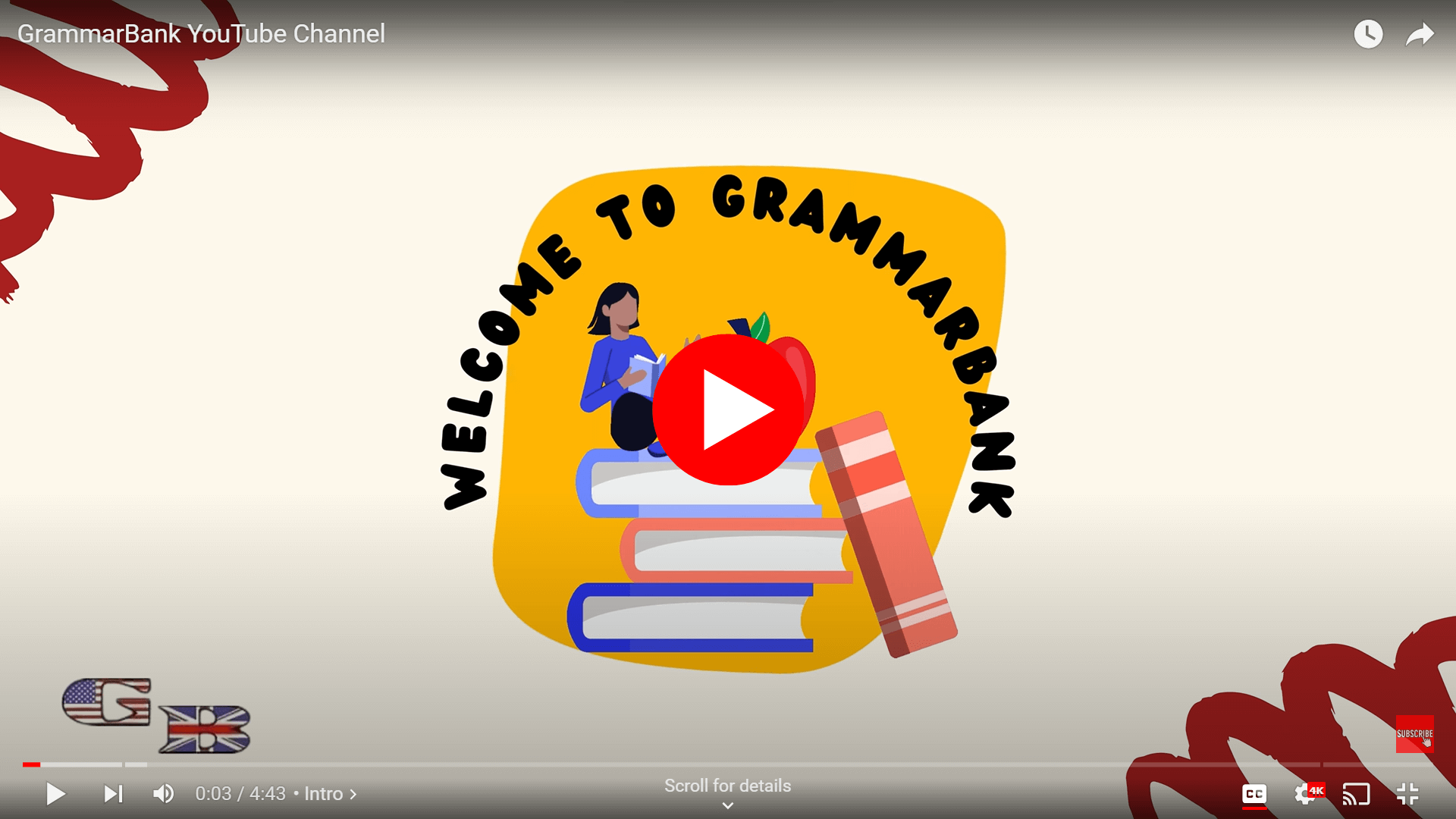ALL vs WHOLE
All and Whole both mean the complete/full amount,number, duration, etc. of something, without missing any parts. Although they have very similar meanings, "all" and "whole" are used in different ways.
Subject Exercises:
All vs Whole Exercise 2
Other Vocabulary:
Lie vs Lay -
All vs Whole
See vs Watch vs Look
Dead vs Death vs Died
Accept vs Except vs Expect
Altogether vs All Together
Fit or Suit
Affect or Effect
Advice vs Advise
Similar English Words
Subject Exercises:
All vs Whole Exercise 2
Other Vocabulary:
Lie vs Lay -
All vs Whole
See vs Watch vs Look
Dead vs Death vs Died
Accept vs Except vs Expect
Altogether vs All Together
Fit or Suit
Affect or Effect
Advice vs Advise
Similar English Words
1. The word order is different:
All + the + noun
The + whole + noun
I have read the whole book.
I have read all (of) the book.
2. We don’t use whole with uncountable nouns. It is mostly used with singular countable nouns.
Anderson spilled all the water on his laptop. (not … the whole water)
The whole town burnt down in a big fire in 1886.
3. They both can be used with plural countable nouns, but with different meanings.
All of the students failed in the exam. (every student)
I need to finish three whole books by the end of the week. (entire books)
4. Whole can be used after a possessive adjective, however, all must be used before a possessive adjective.
My whole life / all my life
My whole day / all my day
5. All has a meaning similar to every, but it is used with a plural noun.
Every student deserves a talented teacher.
All students deserve a talented teacher.
Quick Exercise
Choose All or Whole.





Comments